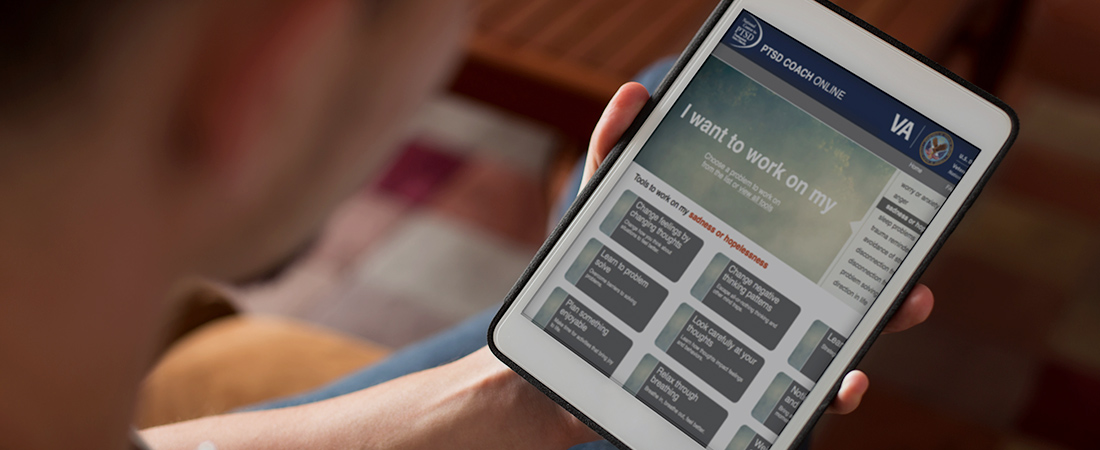
EDC is building digital health tools that can deliver care to those in need anywhere, anytime.
EDC identifies opportunities to promote individual, family, and community health and address disparities. We break down barriers to reach the medically underserved and improve the delivery of coordinated, evidence-based prevention and treatment services. Our programs reach the young and the elderly—and their caregivers—in diverse settings, including clinics, hospitals, schools, Head Start programs and child care centers, community programs, senior centers, and assisted living.
We develop community-level health communications campaigns as well as face-to-face and online training programs for physicians, nurses, mental health counselors, and allied health providers. We design digital health tools for reaching busy professionals and for providing consumers with self-management support.
Learn more: Read "A World Free from Suicide."
Related Content
Addressing Veteran Suicide
Jerry Reed says that a public health approach is needed to prevent suicide among Veterans.
The Voice of Experience
Individuals with lived experience can bring an important perspective to suicide prevention efforts.
Is Social Media Harmful to Students with Disabilities?
A new report on social media finds some benefits, but higher cyberbullying rates.
Addressing the Opioid Crisis through Home Visiting
Home visiting programs are critical to supporting children affected by opioid misuse, says Loraine Lucinski.
Home Visiting Supports Mothers, Infants
Breastfeeding holds a number of health benefits for mothers and infants. So why are rates of the practice so low?
3 Ways Schools Can Support Children Affected by the Opioid Crisis
Schools are uniquely positioned to address the needs of children exposed to trauma, says Shai Fuxman.
Projects
Resources
Here are a few of our resources on behavioral, physical, and mental health. To see more, visit our Resources section.
This fact sheet describes the Elder Mistreatment Emergency Department Toolkit. The toolkit supports health systems and communities in improving the safety and well-being of older adults.
This website includes selected resources from the National Action Alliance for Suicide Prevention’s work to prevent suicide.
This app demonstrates that handwashing, covering your cough, and washing surfaces can reduce the spread of illness.
This report explores the potential benefits of theory-based logic models in trauma-informed initiatives
This free workshop kit is designed to help staff in schools, youth-serving organizations, and suicide prevention programs take action to reduce suicidal behavior among lesbian, gay, bisexual, and t
This document provides practitioners with a five-session coaching series on how to use the social and emotional learning (SEL) research literature to identify evidence-based SEL interventions to im
The Children’s Safety Network (CSN) is a national resource center for the prevention of childhood injuries and violence.
This EDC brief spotlights the challenges that home visiting programs face in recruiting and retaining staff.
Released by the Research Prioritization Task Force of the National Action Alliance for Suicide Prevention, this report outlines the research areas that show the most promise in helping to reduce th
This factsheet provides an overview of some of EDC’s work to strengthen systems and services to help families, home visitors, community members, educators, and healthcare professionals ensure that